University of California San Francisco
Give to UCSF-
-
UCSF Medical Center Ranks Among Nation’s Exceptional Hospitals
UCSF Medical Center has been ranked among the country’s best hospitals in adult care in U.S. News & World Report’s prestigious Best Hospitals survey.

-
A Race to Save One Infant’s Chance to Hear with a Cochlear Implant
UCSF researchers and clinicians at UCSF Benioff Children’s Hospital, Oakland transformed treatment for deaf and hard-of-hearing children through the invention of cochlear implants and a comprehensive care model that offers wraparound support, parent coaching, and access to resources for a successful cochlear journey.
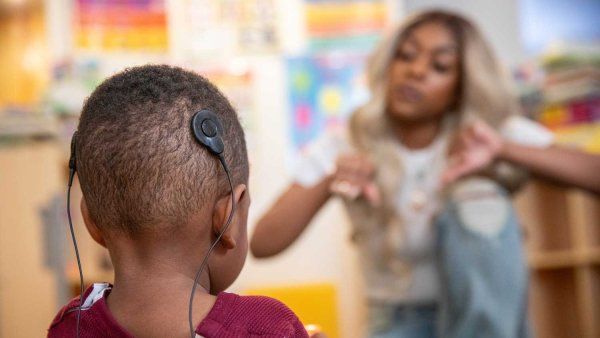
-
To Appreciate Music, the Human Brain Listens and Learns to Predict
Rather than simply hearing a string of notes, the brain is assessing them for patterns and predicting which notes will be next.
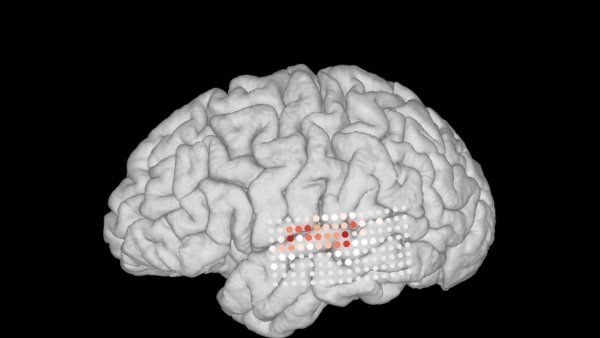
-
Could a Drug Prevent Hearing Loss from Loud Music and Aging?
A newly-discovered gene may explain how humans go deaf both as they age, and in response to loud noise.
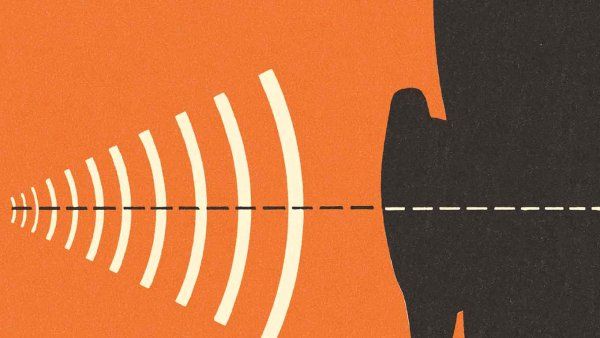
-
UCSF Medical Center Is Among Nation’s Top Hospitals for 2023-24
UCSF Medical Center has been ranked among the country’s best hospitals in adult care in U.S. News & World Report’s prestigious Best Hospitals survey.
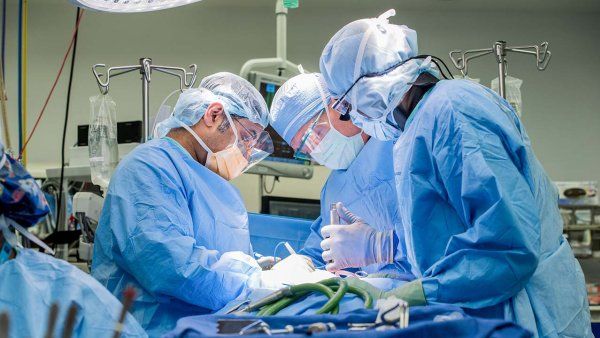
-
Study Reveals for the First Time That Hearing Loss and Tinnitus Is Common in Cancer Survivors
-
Hearing Loss and Tinnitus Are Common In Cancer Survivors
A new UCSF study reports for the first time that significant hearing issues often occur among adult survivors of the most common forms of cancer.
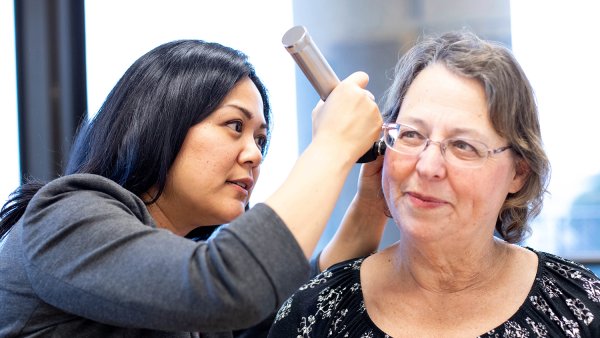
-
UCSF Medical Center Ranks Among Nation’s Best for 2022-23
UCSF Medical Center has been ranked among the country’s finest hospitals in adult care by U.S. News & World Report’s prestigious Best Hospitals survey.
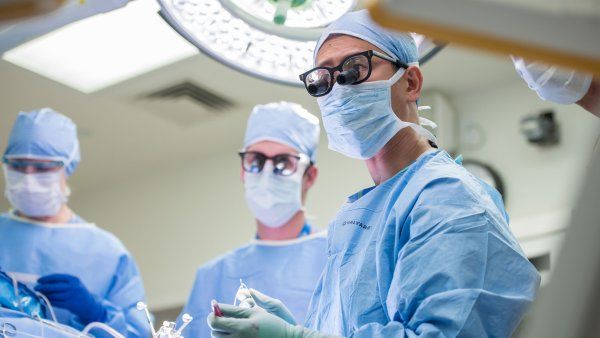
-
UCSF Medical Center Ranks 1st Nationwide in Neuro, Among Top 10 Hospitals for 2021-22
UCSF Medical Center has been recognized as the nation’s best hospital for neurology and neurosurgery, and among the country’s premier medical centers overall, in the 2021-22 Best Hospitals survey by U.S. News & World Report.
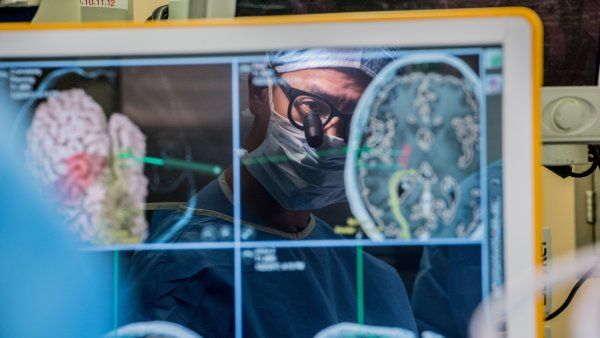
-
Ageless Muscles, Lab-Made Organs, and Other “Better” Parts
Scientists at UCSF are exploring how we can improve our bodies – now and in the future – with science that sounds like sci-fi.
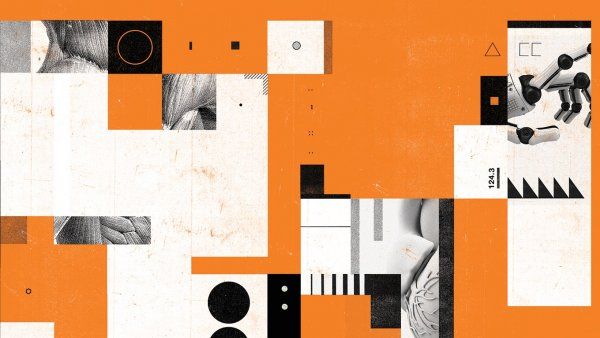
-
UCSF’s Top NIH-Funded Projects of 2018
More than a thousand projects across the University received federal funding from the National Institutes of Health in 2018, totaling more than $647.8 million.
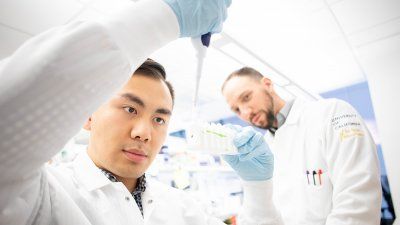
-
Gene Plays Critical Role in Noise-Induced Deafness
UCSF researchers discovered a gene that plays an essential role in noise-induced deafness.
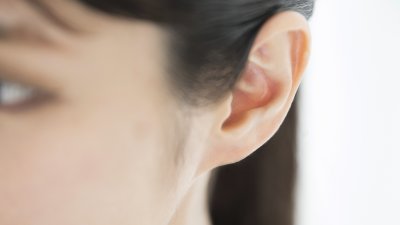
-
UCSF Medical Center Is Best Hospital in California for 2018-19
UCSF ranked sixth on the national Best Hospitals Honor Roll and received special recognition for exceptional performance in 15 medical specialties, including top-10 status in a dozen.
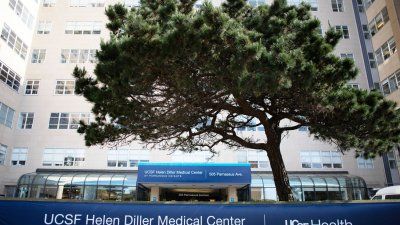
-
Musical Improvisation in the Brain
Charles Limb, professor of otolaryngology at UCSF, has been fascinated for years by how artists produce unique, emotive, and coherent pieces of music with no sheet music or practice to guide them.

-
‘Music of Speech’ Linked to Brain Area Unique to Humans
Insights into pitch control could pave the way for advanced brain prosthetics that could allow people who can’t speak to express themselves in a naturalistic way.

-
Yanny Vs. Laurel: A Neuroscientist Weighs In
Matthew Leonard, who studies the neural basis of word representations, weighs in with a scientific perspective on the debate about “Laurel” versus “Yanny.”

-
Jazz improv and your brain: The key to creativity?
-
How the Human Brain Detects the ‘Music’ of Speech
Researchers at UCSF have identified neurons in the human brain that respond to pitch changes in spoken language, which are essential to clearly conveying both meaning and emotion.

-
Scientists Found the Neurons That Respond to Uptalk
-
Good News on Headphones and Hearing Loss
-
Your brain fills gaps in your hearing without you realising
-
Cutting Through the Clamor: How the Brain Helps Us Understand Spoken Words in Noisy Settings
UCSF scientists have discovered an unexpected mechanism the brain uses to seamlessly compensate when speech sounds are obscured by noise.

-
Electronic Records Help Link Genes to Age-Related Hearing Loss
A study of patient electronic medical records and genome sequences from adults with age-related hearing impairment, identified two genetic variations linked to the hearing disorder.

-
Michael Merzenich Wins 2016 Kavli Prize in Neuroscience
For his pioneering research on plasticity, the brain’s remarkable capacity to modify its structure and function, UCSF's Michael M. Merzenich, PhD, has been awarded the 2016 Kavli Prize in Neuroscience.
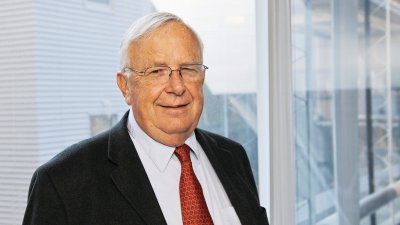
-
One Patient’s Quest to End Ominous Ringing in Her Ear
It started with a small but persistent noise in her right ear. After other doctors failing to identify the source of the noise, clinicians at UCSF were able to inform the patient that she had a dural arteriovenous fistula in her right sigmoid sinus.
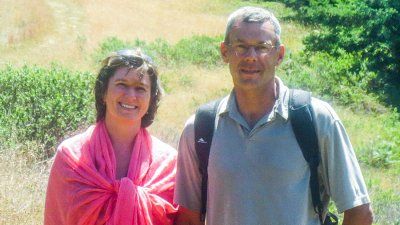
-
Wallhagen Named Chairperson of HLAA Board of Trustees
Margaret Wallhagen, professor of gerontological nursing in the UCSF School of Nursing and a geriatric nurse practitioner, has been named chair of the Board of Trustees of the Hearing Loss Association of America (HLAA), the nation’s leading organization for people with hearing loss.
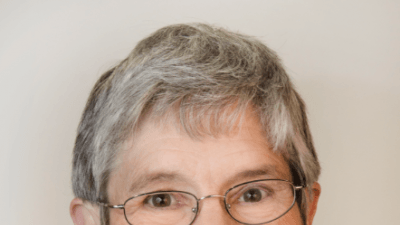
-
UCSF Medical Center Ranked Eighth Nationally By U.S. News
UCSF Medical Center is among the nation's premier hospitals for the 13th consecutive year, ranking as the eighth best hospital in the country according to U.S. News & World Report.
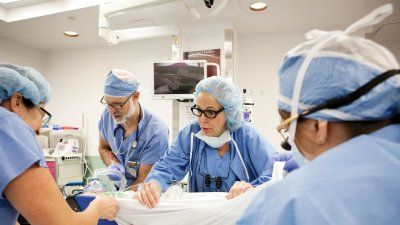
-
FDA Approves Bionic Eye for Adults with Rare Genetic Disease
-
FDA-Approved Bionic Eye Argus II Aims to Restore Some Vision in the Blind